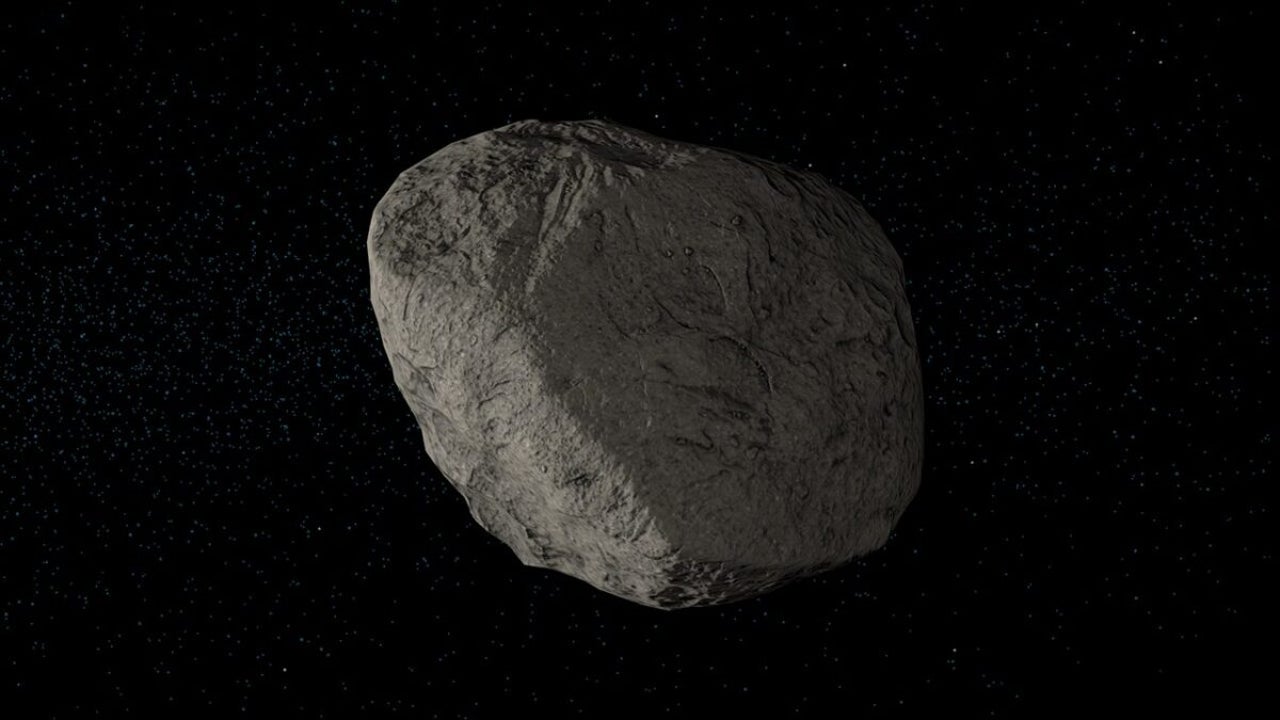News
An asteroid will pass very close to Earth in a few years and you will be able to see it with your own eyes
Apophis will pass very close to Earth in 2029.

- June 24, 2024
- Updated: July 23, 2024 at 12:42 AM

On April 13, 2029, you will witness an unprecedented astronomical event: the asteroid Apophis, with a diameter of 375 meters, will pass just 31,600 kilometers from the surface of the Earth, representing the closest approach of an asteroid of this size ever recorded. At 11:45 CEST, Apophis will be visible to the naked eye and billions of people in Europe, Africa, and Asia will be able to observe it, as long as the skies are clear.
Discovered on June 19, 2004 by astronomers from the Kitt Peak National Observatory, Apophis orbits the Sun every 324 days and approaches Earth every decade. Its discovery caused great concern in the astronomical community due to initial calculations indicating a possible collision with Earth in 2029, 2036 or 2068, which earned it the name of the Egyptian demon of chaos and destruction: Apophis.
Although there was only a 2.7% chance of impact, the potential devastation of the asteroid in case of collision led scientists to study its orbit in detail. In 2021, several radar observations confirmed that Apophis would not collide on any of those dates.
The proximity of Apophis in 2029 is a unique opportunity to study the asteroid. NASA already has underway the OSIRIS-Apophis Explorer (OSIRIS-APEX) mission, which will observe the asteroid up close. This spacecraft, formerly called OSIRIS-REx, was the first to return samples from an asteroid to Earth in 2023. After its success with Bennu, the spacecraft redirected towards Apophis, with an expanded mission that cost 200 million dollars. OSIRIS-APEX will orbit Apophis for 18 months starting in 2029.
The European Space Agency is also considering launching the RAMSES mission in 2027 to study Apophis. The data obtained from these missions will be crucial to understand how asteroids react to Earth’s gravity, and could be vital for future generations in case of a real threat.
Publicist and audiovisual producer in love with social networks. I spend more time thinking about which videogames I will play than playing them.
Latest from Pedro Domínguez
You may also like

State treasurers urge Tesla’s board to increase oversight on Elon Musk
Read more

Ubisoft announces a collectible card game based on NFTs
Read more

Nintendo may not have enough Switch 2 units for the console's launch
Read more

Love, Death, and Robots returns with a fourth season that is very musical
Read more

The alpha of Marathon leaves mixed feelings due to a very peculiar design decision
Read more

We know all the details about FBC: Firebreak, the new game from the creators of Alan Wake and Control
Read more